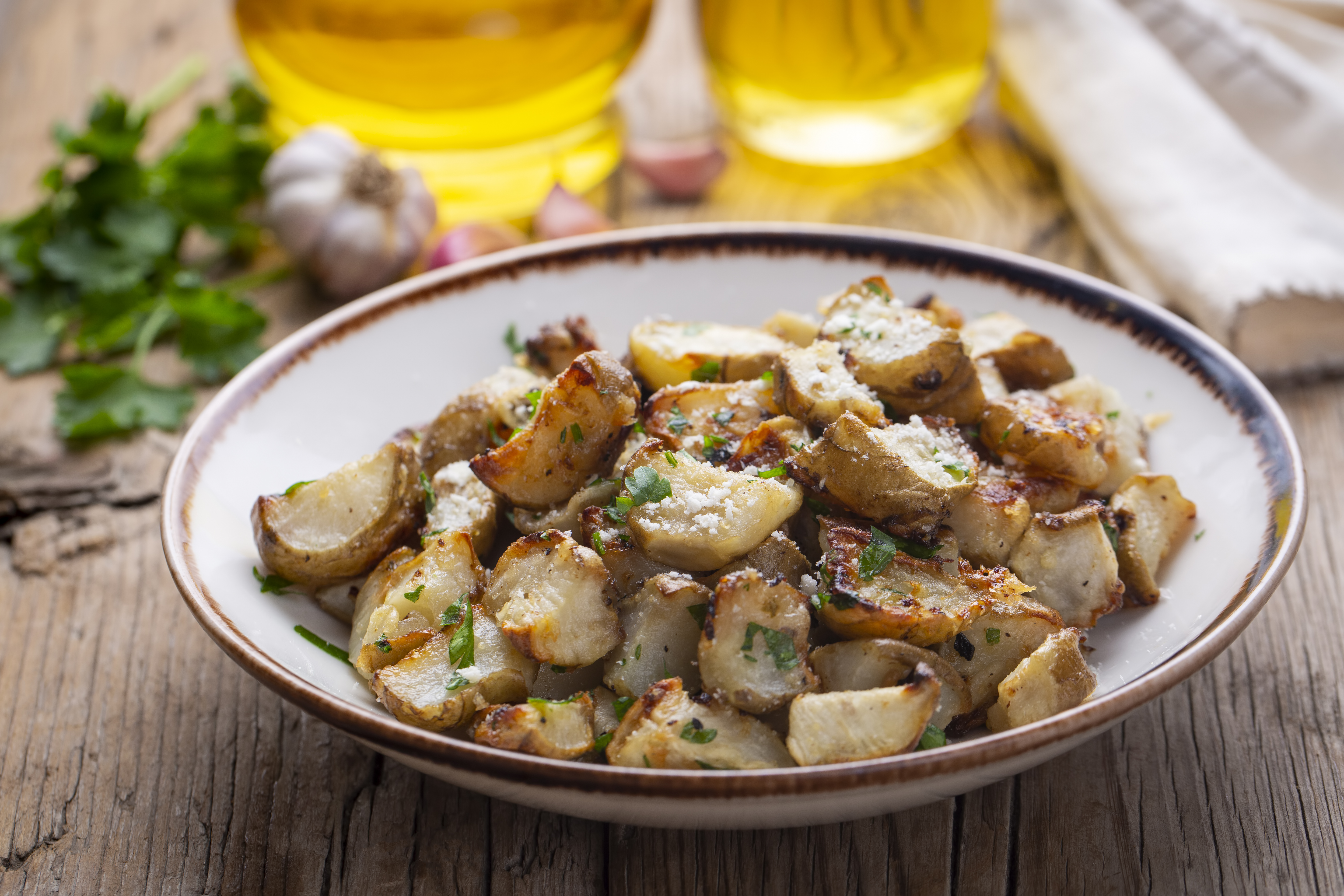11 Unusual Prebiotic Foods You’ve Probably Never Tried
In the bustling world of health and nutrition, the term "prebiotics" often takes a backseat to its more popular counterpart, probiotics. Yet, prebiotics are just as crucial for maintaining a healthy gut. These non-digestible fibers serve as the food source for probiotics, the beneficial bacteria in your gut, helping them thrive and support your digestive health. While many are familiar with common prebiotic foods like garlic and onions, there exists a fascinating array of lesser-known prebiotic foods that can significantly impact gut health. This article uncovers 11 surprising prebiotic foods that you’ve likely never encountered, each with unique properties that contribute to a balanced microbiome. Embark on this journey to discover how these under-the-radar foods can transform your gut health, enhance your overall well-being, and even influence your mood and immune system.
1. The Underrated Chicory Root

Chicory root is a powerhouse of prebiotic fiber, particularly inulin, which is known for its beneficial effects on the gut microbiota. This root has been used for centuries in traditional medicine for its digestive health benefits. Its inulin content not only feeds the good bacteria in your gut but also aids in improving bowel regularity and enhancing nutrient absorption. Chicory root can be consumed in various forms, including as a coffee substitute or as an ingredient in salads. Its slightly woody and nutty flavor makes it a versatile addition to your diet. By incorporating chicory root into your meals, you can enjoy improved digestion and a healthier gut environment.
2. The Exotic Sunchoke

Despite its name, the Jerusalem artichoke is neither from Jerusalem nor an artichoke. This tuber, also known as sunchoke, is rich in inulin, making it a superb prebiotic food. It resembles a ginger root and has a sweet, nutty flavor. Jerusalem artichokes can be roasted, sautéed, or eaten raw, offering a delightful crunch to salads. The high inulin content in Jerusalem artichokes promotes the growth of bifidobacteria, beneficial bacteria that play a crucial role in maintaining gut health. Regular consumption of this tuber can lead to improved digestion, reduced inflammation, and even enhanced immune function.
